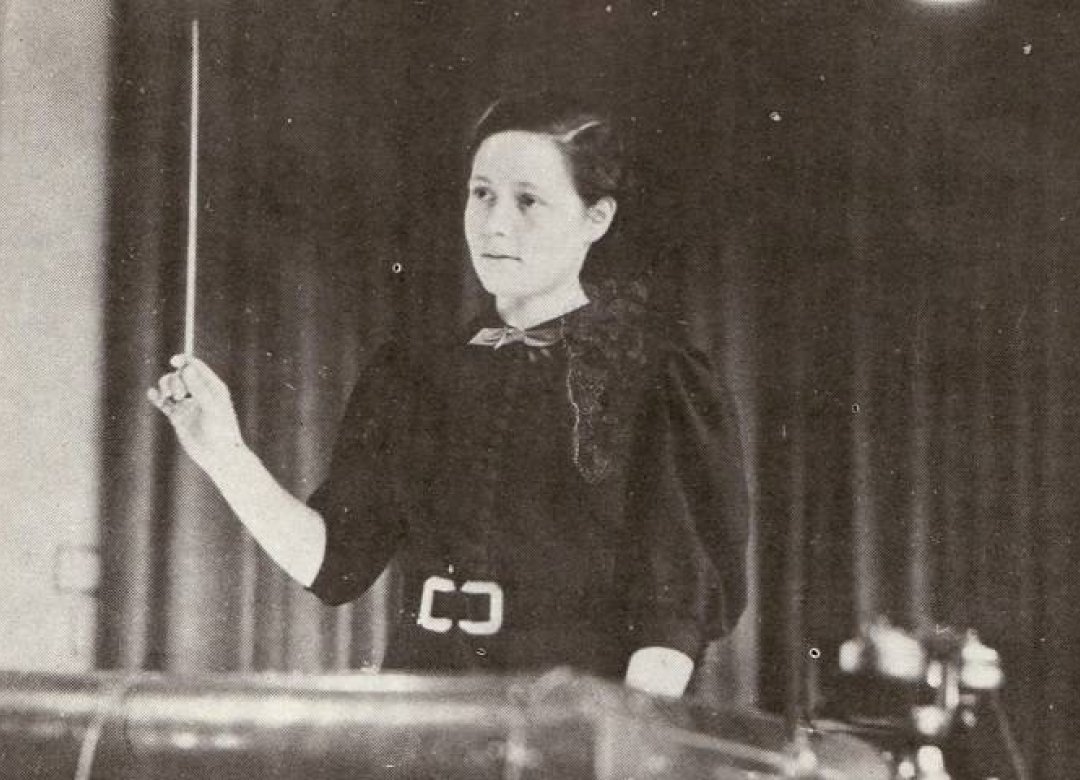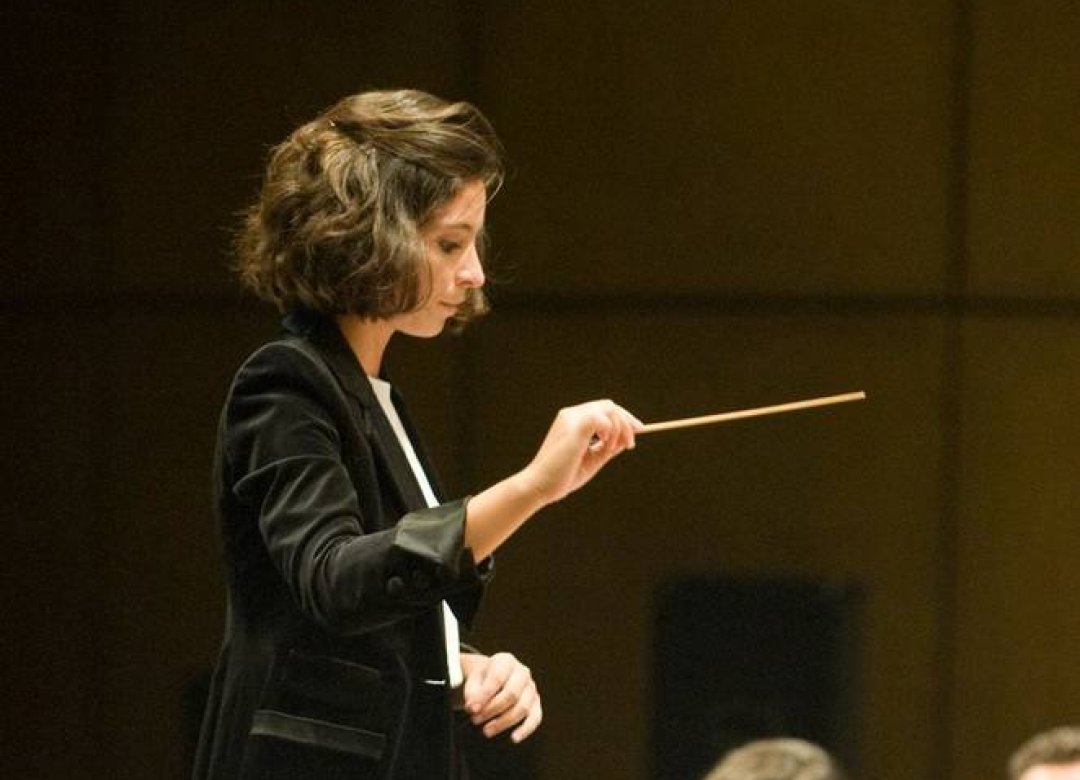Synopse
Vítězslava Kaprálová, a gifted Czech composer, left her country in 1937 to study at École Normale de Musique in Paris. Despite her premature death a few years later, at the age of 25, Kaprálová's legacy includes numerous scores and compositions. Through her personal letters, we gain insight into her dynamic personality, from her initial excitement in the bustling city to moments of loneliness, anxiety, gender inequality, and homesickness amplified by historical events.
The films primary setting is the École Normale. The historic building has scarcely changed since Kaprálová's time, with the same corridors, classrooms, and an international mix of students. Current conducting students are embarking on a journey to study Kaprálová's compositions, written during her time in Paris. We follow the entire process of learning her scores and the discussions about Kaprálová's legacy that students have with their teachers, with a particular focus on the female conducting student, Bianca Maretti.
The film serves as both a cinematic dialogue between history and the present in the world of classical music and a space for reflection on gender issues that remain relevant decades later.
The films primary setting is the École Normale. The historic building has scarcely changed since Kaprálová's time, with the same corridors, classrooms, and an international mix of students. Current conducting students are embarking on a journey to study Kaprálová's compositions, written during her time in Paris. We follow the entire process of learning her scores and the discussions about Kaprálová's legacy that students have with their teachers, with a particular focus on the female conducting student, Bianca Maretti.
The film serves as both a cinematic dialogue between history and the present in the world of classical music and a space for reflection on gender issues that remain relevant decades later.
Fotogalerie


